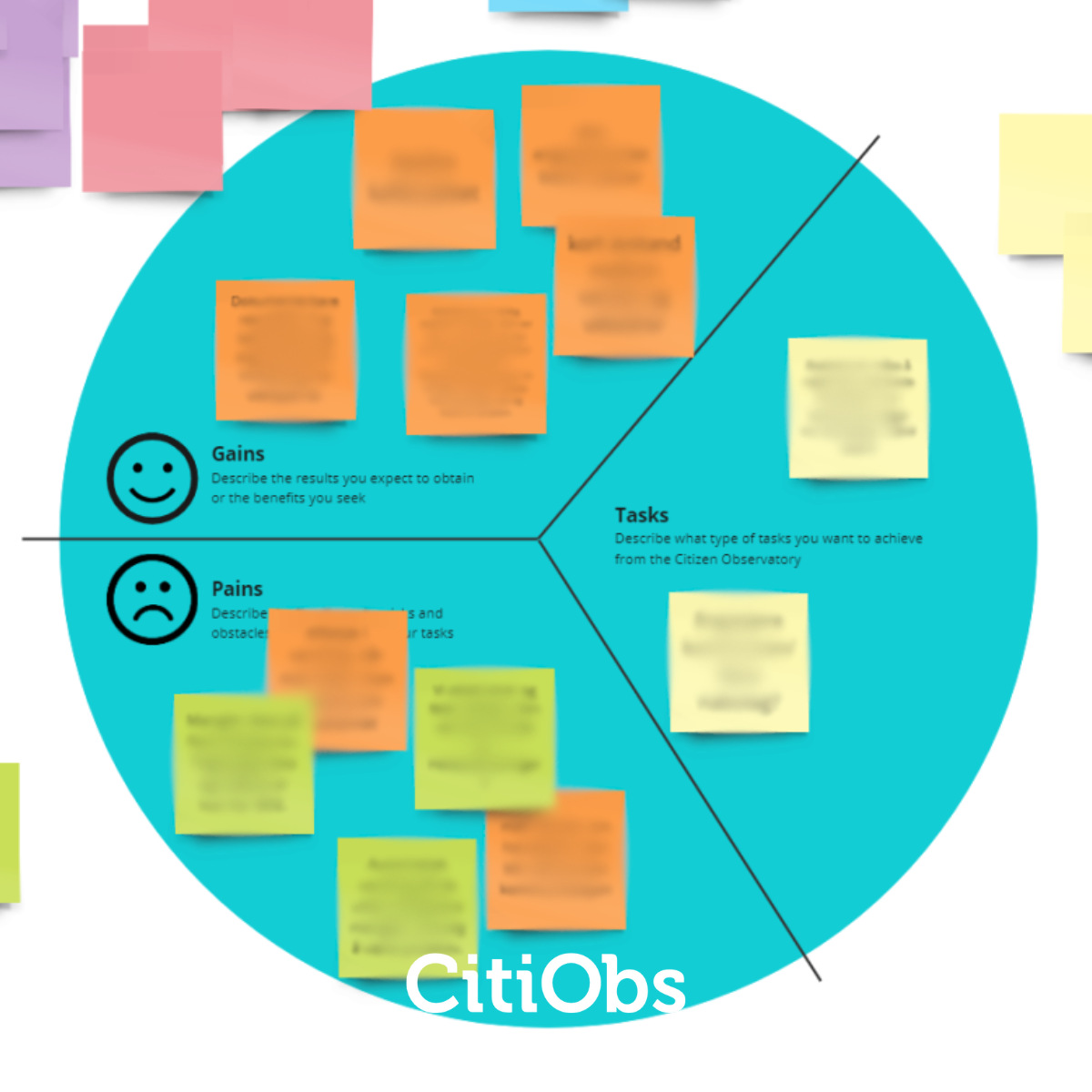Our consortium partner Karin Ekman engages with residents of Fiskåtangen, Kristiansand, in a Mutual Learning Workshop to explore the achievements, obstacles, and lessons of their initiative monitoring emissions from the nearby industry.

Photo from Kristiansand Mutual Learning Workshop
In November 2023, residents at Fiskåtangen, a neighborhood in the Frontrunner City of Kristiansand gathered for CitiObs Mutual Learning Workshop. The objective was to get to know the successes and challenges of the Fiskåtangen neighborhood initiative in their documentation of the effects of emissions from a nearby industry. What have they done so far? What goals do they have? What lessons can the CitiObs consortium partners and other Citizen Observatories learn from the Fiskåtangen initiative? Before this, we also met with members of the municipality of Kristiansand to establish the successes and challenges of working with citizens in environmental monitoring.
The municipality of Kristiansand - working with citizens for Kristiansand 3.0
Kristiansand, located in the south of Norway by the sea, has 93.000 inhabitants and is Norway's sixth-largest municipality by population. The municipality places great emphasis on sustainability and inclusiveness with initiatives such as ‘A City for Everyone’, where all residents can participate. The municipality of Kristiansand has been involved in several environmental monitoring projects where they invited the public to participate. Also, data from Low-cost sensors has been used to identify specific geographical areas of concern, raise public awareness about the issue of wood burning, and initiate actions by the municipality to include members of the public in discussing how the municipality could act to help citizens reduce emissions from wood burning.
At a meeting in October with two members of the municipality of Kristiansand, we learned that they want to establish arenas for a collaborative culture, but they see a challenge in that the dialogue could create high expectations that the municipality cannot deliver on. They are also positive to citizens using environmental sensors, but they see challenges when it comes to using citizen generated data as a basis for decisions since they do not know if they can trust it.
Fiskåtangen neighbors are documenting the effects of emissions from the nearby industry
For some years, residents in Fiskåtangen have raised concerns of the effects of emissions in their neighborhood from a nearby industry. From their homes, they check SO2 levels from the nearby official industrial monitoring stations and they document smell, emissions, and wind-borne debris from industry. They take pictures of the effects of emissions in their neighborhood and screenshots of wind direction that they send to the industry with a copy to the municipality. Sometimes they wake up in the middle of the night due to a bad smell and then they make a call to the person in charge. This makes the Fiskåtangen neighborhood association an interesting case for CitiObs, as we can dive deeper into the needs of a low-tech Citizen Observatory. It also provides us with the opportunity to learn and provide support on how this Citizen Observatory can become sustainable and self-supporting after the project support ends.
Reflections and next steps for the Fiskåtangen Citizen Observatory
The event in November was highly informative, and the two residents of Fiskåtangen exchanged a lot of experiences on their work on mapping the effects of emissions and trying to achieve a dialogue with the industry and the municipality. A joint objective that emerged from the workshop was to look into a technical solution to help them in the mapping of effects of emissions and to investigate if an alert system could be implemented. An important next step, that also emerged from meeting the members of the municipality, is to improve the dialogue between involved stakeholders (residents of Fiskåtangen, the municipality, and the industry) and to understand the different roles and to reach a mutual understanding.


